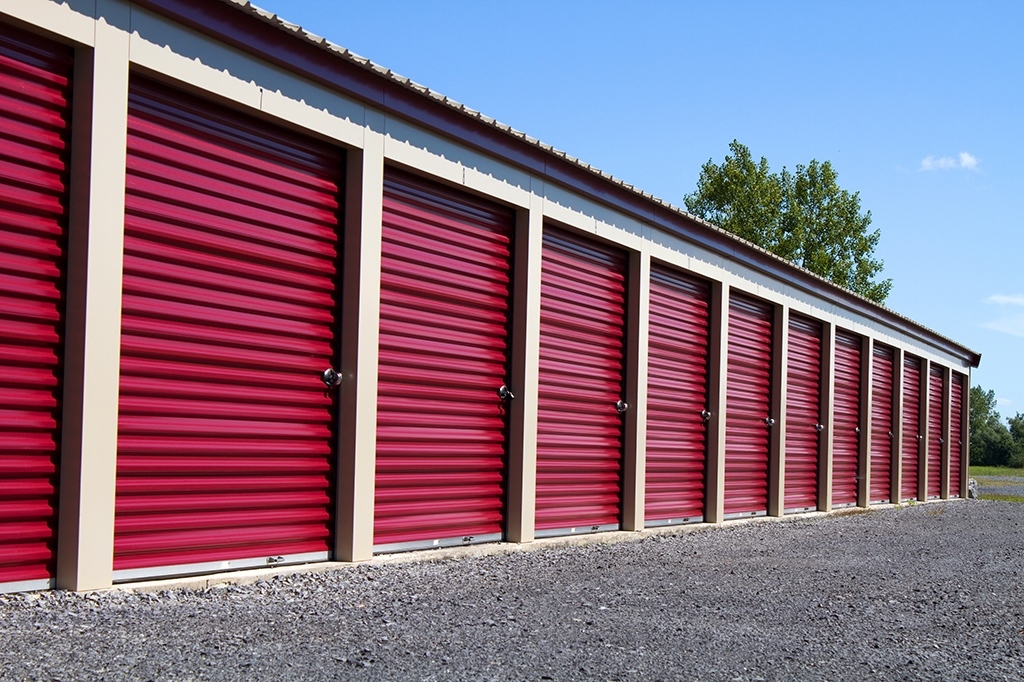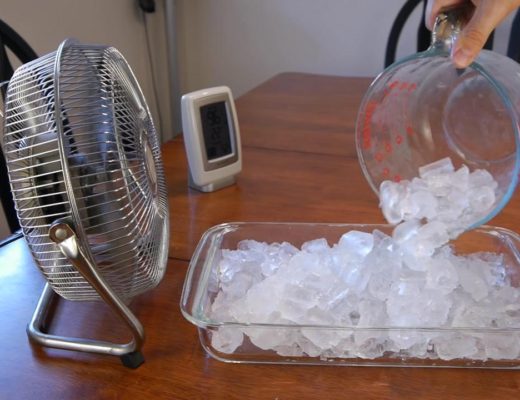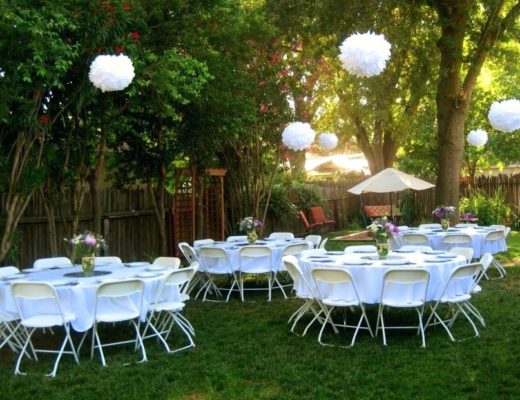Self-storage units are an excellent option for people who want to increase their living space. You can set aside belongings that tend to create “dead” areas in your home and make changes to utilise the space better.
Instead of using your spare bedroom as a closet, you can turn it to your home office. Your attic and basement can also be repurposed into a recreational room, home gym, or creative space. These options are more active ways you enjoy your house. So if you are in the market for self-storage units, here is everything you need to know.
Who Are They For?
Self-storage is for everyone.
While there might be facilities that specialise in commercial storage over personal, most companies provide both. Typical clients for these rentals are businesses, growing families, young professionals, and students. These units make it easy to keep all your things without sending them home or intruding on the space of family and friends.
It is especially handy for those who are moving in between flats, living in shared spaces, or cutting down their rental costs. If you want to keep a couple of boxes of clothes in your unit, that’s okay. You can keep items ranging from product inventory, surplus supplies, and furniture to childhood mementoes, personal collections, and seasonal equipment.
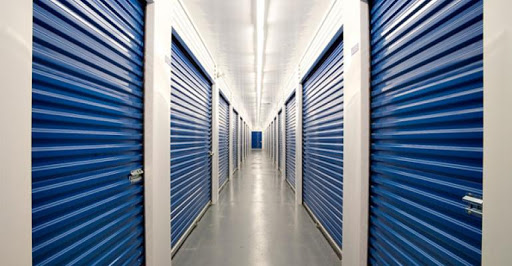
The best way to check if you need it is by inspecting your space. Take a good look at the areas in your home that are meant for storage. Are they overflowing? Did you start adding extra organisers to help with the overflow? If the answer is yes, then you may need a storage unit.
Where Can I Find Self-Storage?
You can find self-storage all across the UK. As demand increases, it is normal for the property prices to go up. This forces a lot of residents to live in a smaller house with barely any storage space.
When you start your search, try to use your most general area and slowly narrow it down. So from London, you break it down to your general area.
So, for example, if you are looking for self-storage in Ealing, you might want to check companies such as Henfield Storage. By doing this, you get to compare more self-storage quotes instead of settling with the one in your neighbourhood. While you try to find an accessible unit, pay attention to the quality of the service and the rates of the unit as well.
What Can I Keep?
You can keep almost anything in self-storage units. However, people tend to get carried away, so there are restrictions for most facilities. The restrictions are to ensure the self-storage units stay, clean, dry, and safe. Here is a list of things that are not allowed in your unit:
- Perishable items like food and drinks
- Compressed gas
- Extremely flammable items
- Illegal items
- Firearms
- Chemicals
Anything that emits fumes and odours is also discouraged. While you can keep anything in your unit, you have to be considerate of other clients in the facility. Besides these things, you can hold just about anything from old books to bulky appliances. When in doubt, always talk to the staff on hand about whether they allow specific items.
How Much Do They Cost?
Self-storage units can be affordable, but it isn’t easy to pin a price on them. Storage rates are calculated by two main variables: the size of your unit and the rental time. The units can range from £15 to £500, and beyond.
Unlike flat and commercial rentals, storage units have flexible plans. You can pay per month, and that can range from £15-£50. Or you can pay upfront, and that can go anywhere upwards of £50. Figure out your timeline and compare self-storage quotes. Most companies offer great deals for long-term contracts, so you may want to look into units when you need them.
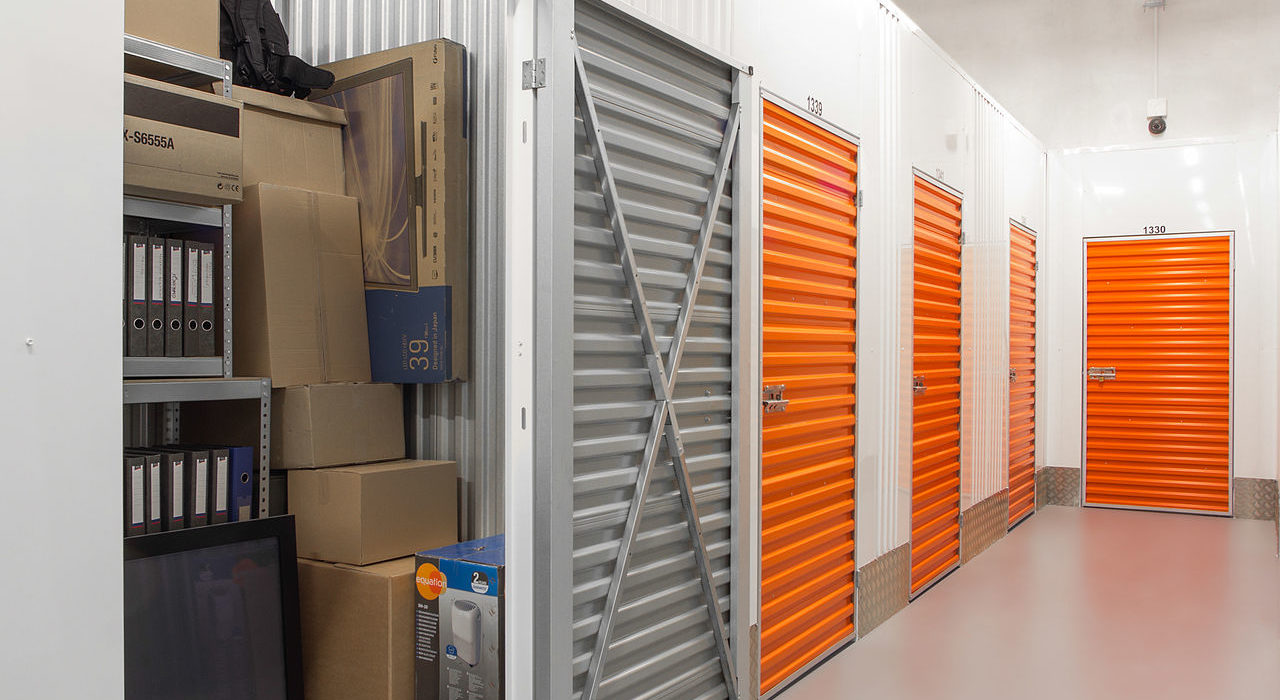
What Should I Look For?
Let’s do a brief rundown of things you need to look for when renting a self-storage unit. You need them to be:
- Accessible from your home
- Equipped with amenities that you would need
- Safe and secure
Most people look towards self-storage units when they need to access their things frequently, but their place cannot accommodate them anymore. To achieve that, you need to have a relatively accessible unit. It shouldn’t be too far from your home, and it should not take too much time out of your day.
The more convenient the process is, the easier it would be to use the service frequently. Avoid branches that do not have parking spaces, lifts, and trolleys available for use. Imagine lugging your furniture up a flight of stairs? If the compromise for a cheaper unit is taking the burnt of the labour without any help, it isn’t worth it. Consider the backbreaking work you are putting into storing your things!
And last but not least, get a secure storage unit. Ask about the company’s safety and security measures before committing to a facility. If there is no guarantee that your belongings will be well-protected, it defeats the purpose of the unit.
In self-storage companies across the UK, all of them require you to get insurance covers for your unit. It may be an added cost, but it is an excellent way to preserve the value of your belongings. Read the coverage well and make sure you get the best possible offer.
Self-storage can be a convenient way to take care of your storage problems. Hopefully, the answers listed here can give you an idea with how you can go about finding a unit for yourself. As long as you use your unit correctly, you should have no problem turning your home into a place that allows you to do more.

